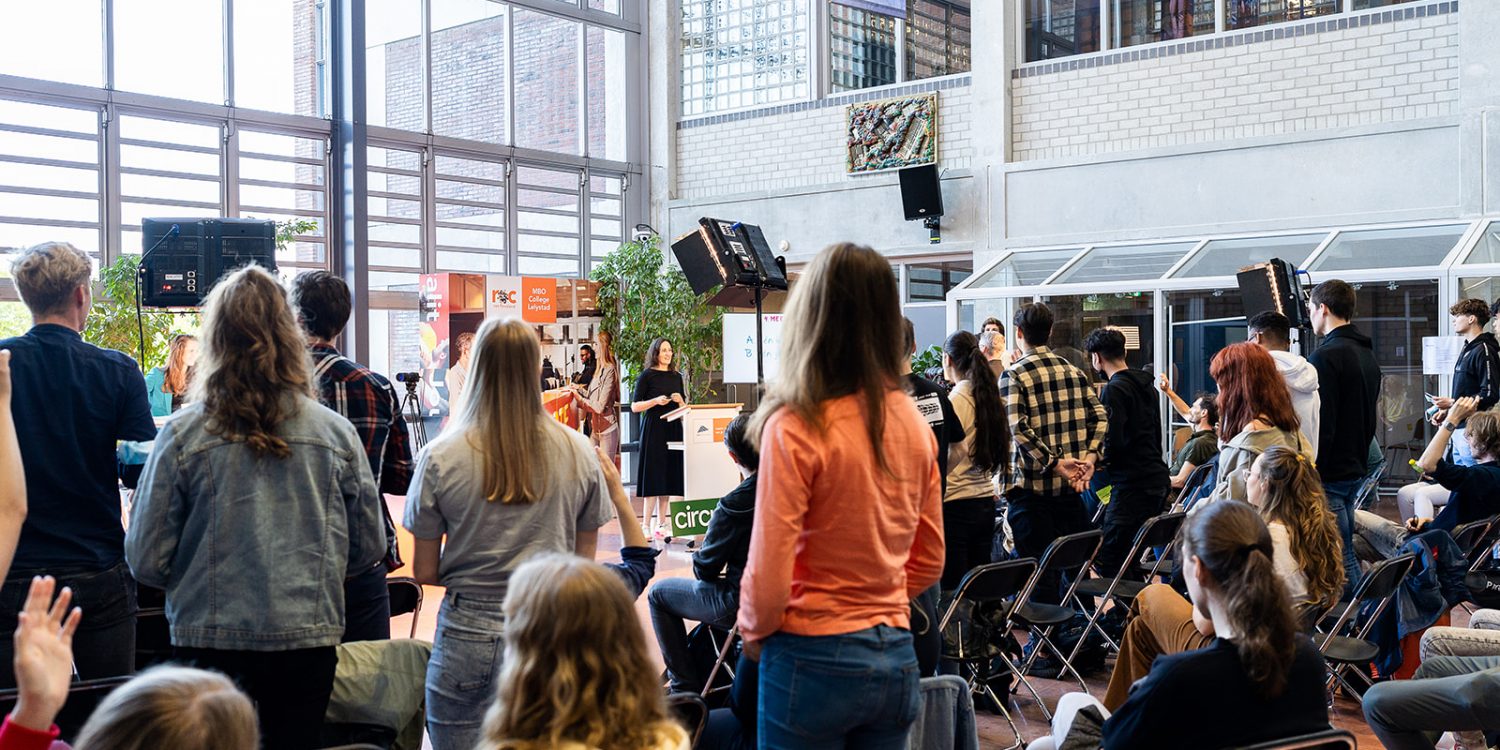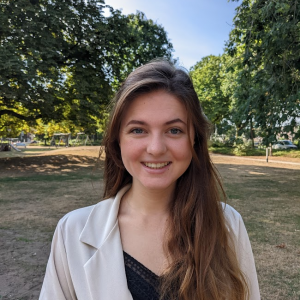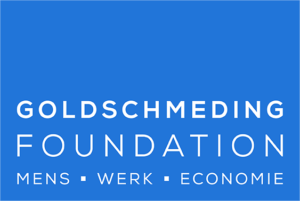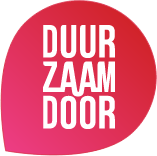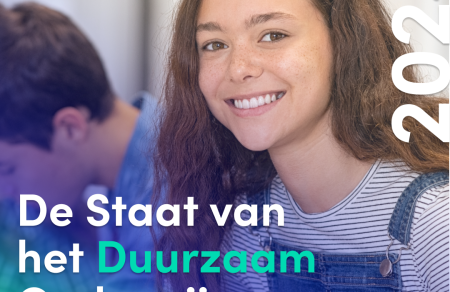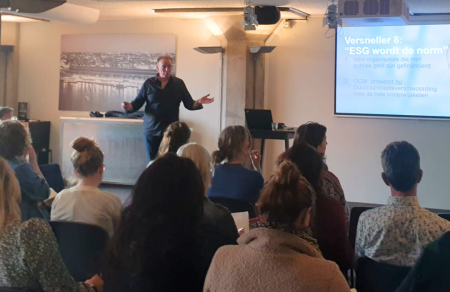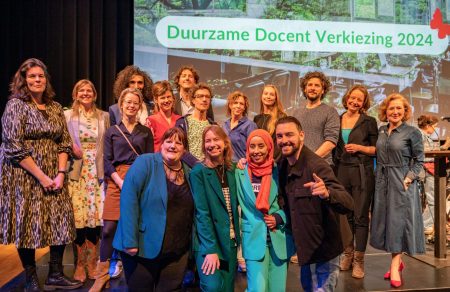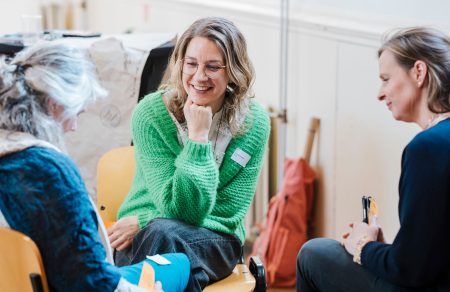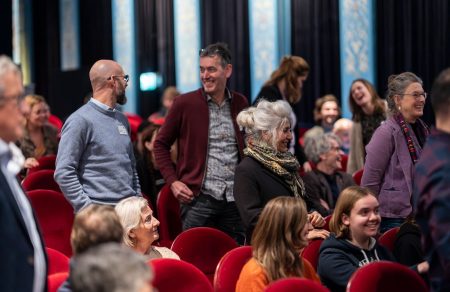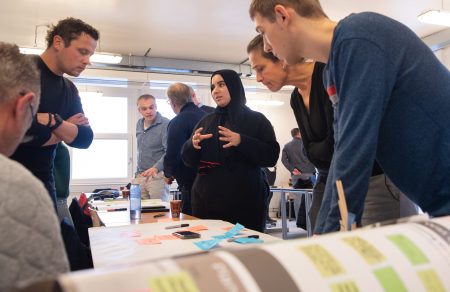In what ways is sustainability integrated into the curriculum?
"Three years ago we made the elective 'Sustainability in Occupation' mandatory for all courses. Every course we offer must include 2, 3 or 4 elective units in the curriculum, with 'Sustainability in Occupation' nowadays being a fixed component. All levels are served in this and the content is level-specific. So it varies how it is included in the curriculum. At level 1, for example, there is not yet room for a full series of lessons. Therefore, with them we included it abbreviated, but fully, in a project. At level 4, they teach sustainability throughout the year and conclude with a project. Finally, the exam assignments include doing research and giving advice on sustainability to the internship company. This advice is often followed up in practice, which is super fun to see!"
What does the curriculum look like and how did you develop it?
"We have started a teaching method in Wikiwijs, zooming in on some sustainable themes. Examples include environment, clothing and food. We found that we didn't think it was broad enough and it didn't always connect with all courses. Sustainable clothing and auto mechanics that doesn't really match. Because of this mismatch, in 2021 we started to attribute the curriculum towards the trainings. For example, with auto mechanics we looked at electric driving and the process of oil and fuel. Or with healthcare to a sustainable general practice or a "healing environment. In September 2022, we went one step further and, thanks to the Green Office of the ROCvAF, we can use SDG magazines and updated teaching materials in Xerte. Also, the training-oriented teaching material has been sharpened towards circularity, here 1 of our sustainability ambassadors dedicated a lesson development track for his PDG."
How does this work within the organization?
"We are working on this with Team CRE (Circular Regional Economy). We do this with four people based on a RIF grant, so we don't get stuck with time constraints that often come into play in permanent teaching teams. There are also CRE ambassadors: teachers who have a few hours per week to develop the lessons. From time to time we sit down with the MT to pass on to the education managers how important it is to work on this and to ensure that it actually comes to fruition. Students with sustainable ambitions can join Unit Green, our sustainable student committee. With this we organize cool actions, such as a waste campaign or clothing exchange.
In addition, we have developed the CRE toolbox that can help regular teaching teams incorporate sustainability into the curriculum, for example by looking at material use, field trips and collaborations with businesses. We actively contact benevolent colleagues from all teaching teams and ask them what is needed. In doing so, we are also supporting the regular teaching teams. At the study days, we always facilitate a sustainability workshop as a program component."
Do you also work with organizations and initiatives outside of education?
"Definitely! We work with about 38 regional companies and shape projects together with initiatives such as PRICE, Education Consortium Flevoland and Talent Colors Flevoland. Teachers and classes can then participate in these. Through these platforms we also try to make the connection with secondary education and higher vocational education. We have regular contact with the Green Office of Amsterdam to see where we can work together. Finally, we work intensively with local governments in projects and guest lectures. By connecting with other organizations, we bring knowledge from the outside in and also share knowledge from the inside out."
What would you like to pass along to other educational institutions?
"Here I like to quote Jan Jonker's words (familiar to us thanks to Maurijn Odé) that we are tinkering as we move toward the circular economy. Sometimes something works and other times something doesn't. What we have noticed are that the key ingredients are time and customization. Each course has different content and therefore different needs. We, like the field, continue to develop in this area. The tips I would like to pass along is to at least also focus on cooperation with the environment and make sure that sustainability can land internally in education."
View here the CRE toolbox from MBO College Lelystad
View here The SDG Magazines of Green Office ROC van Amsterdam
In June, the application period for the RIF grant 2023 place.
SustainaBul MBO
Does your MBO school also want to work integrally on sustainability? At the SustainaBul MBO we will discuss what we encounter in the process of sustainability in MBO and stimulate, inspire and support each other. More information can be found on www.mbo.sustainabul.com
